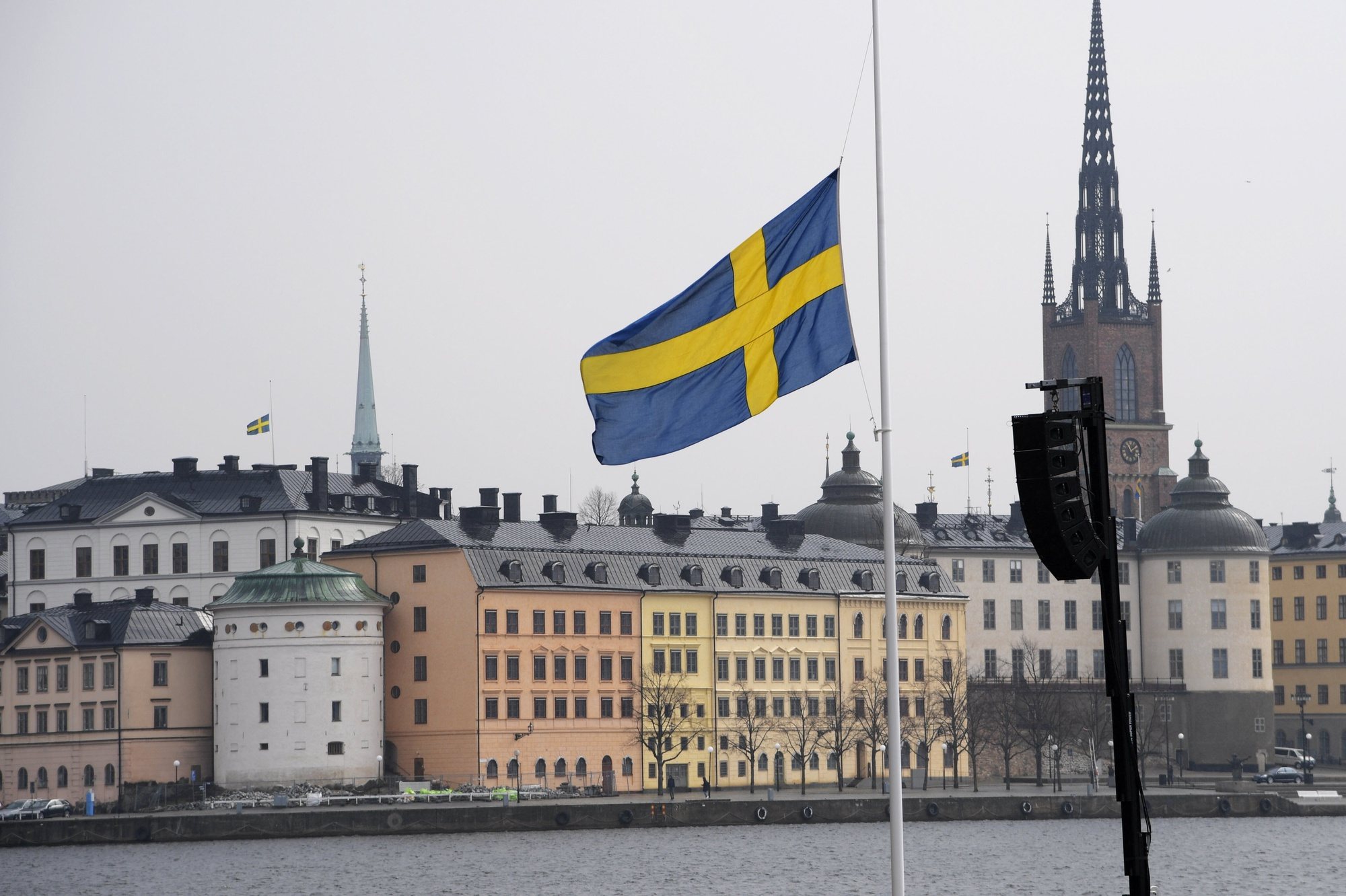This Sunday, Sweden assumes the semi-annual presidency of the Council of the European Union (EU), inheriting from the Czech leadership a scenario of economic and energy crisis, a reflection of the invasion of Ukraine by Russia.
The community bloc will enter 2023 struggling with an economic crisis that threatens to worsen and could even turn into a recession, in the face of galloping inflation and a rise in energy prices, while seeking to prevent gas supply problems. related to the European embargo on Russia.
With most political leaders and analysts predicting that the conflict in Ukraine will drag on until 2023, the unity of the 27-member European bloc in response to the Russian military aggression against Ukraine, which was seen as one of the great successes of the Union in 2022, will also be among the top priorities of the Swedish Presidency of the Council.
In the presentation of the Stockholm priorities for the next European semester, held before the Swedish Parliament on December 14, the Swedish Prime Minister, Ulf Kristersson, who took office last October, announced that the internal and external security of the EU will be at the top of the priorities.
The head of the Swedish conservative government, who leads a right-wing minority government with the parliamentary support of the Swedish Democrats (extreme right), assumed that the war in Ukraine will mark the six months of the Swedish presidency of the EU and stressed that he is prepared to “act quickly and decisively”.
The Swedish Presidency of the Council of the EU runs from January 1 to June 30, 2023, with Stockholm passing over to Spain on July 1, the presidency that follows.
Sweden receives the rotating presidency of the Council of the EU from the Czech Republic, which managed to close dossiers blocked for months by what will for now be the only dissident voice in the Union, that of the Hungarian Prime Minister, Viktor Orbán.
Source: Observadora
